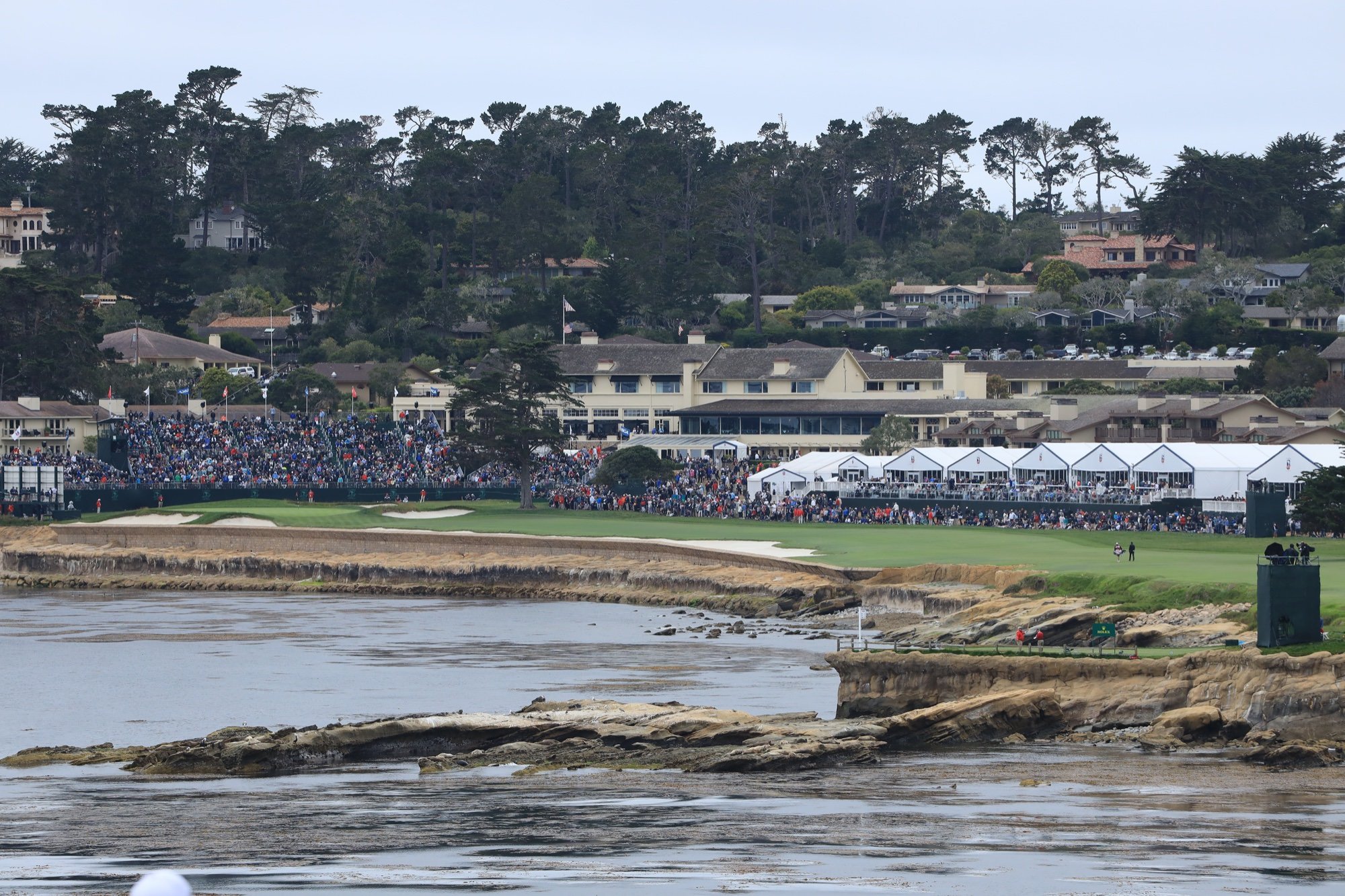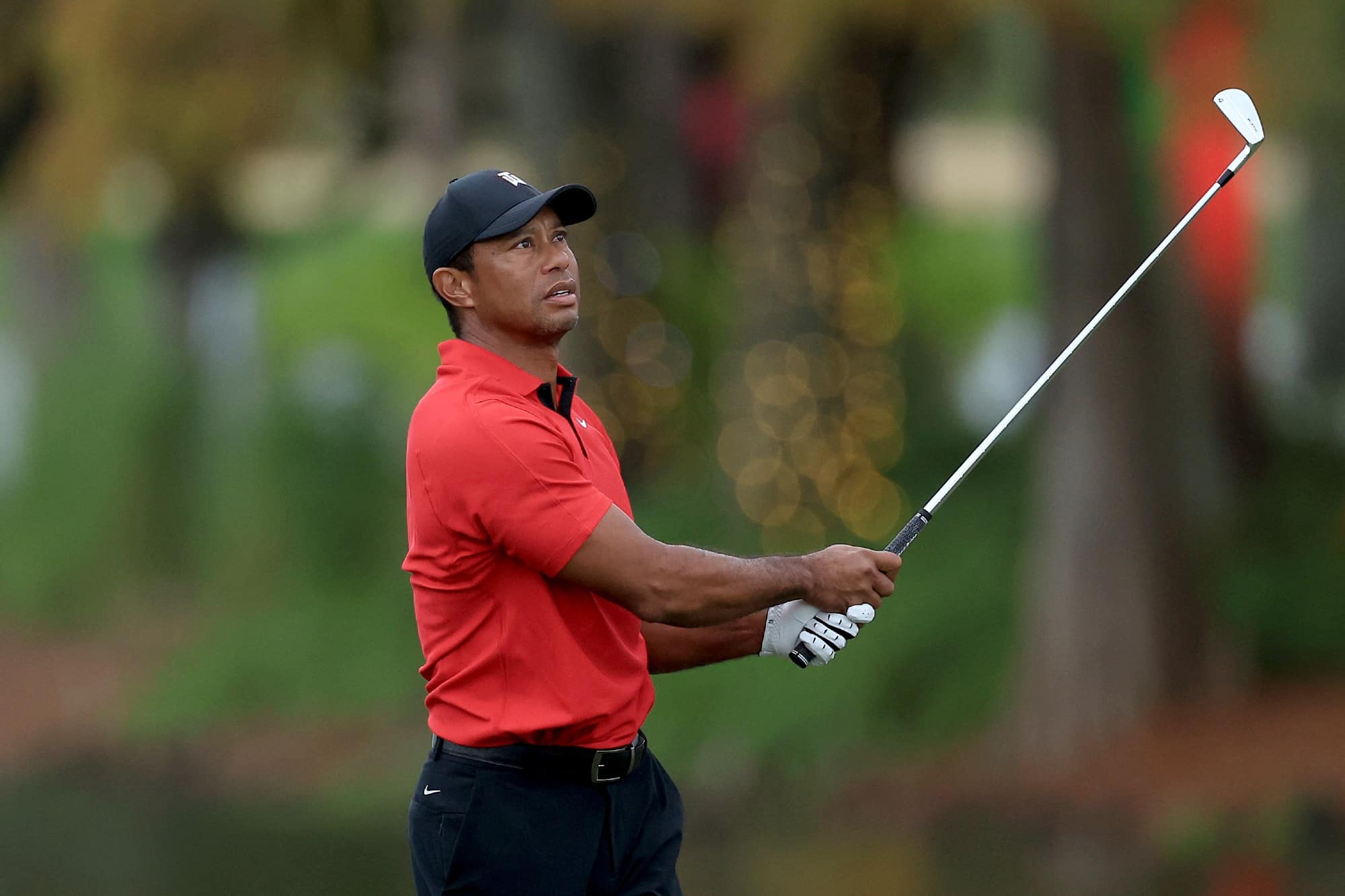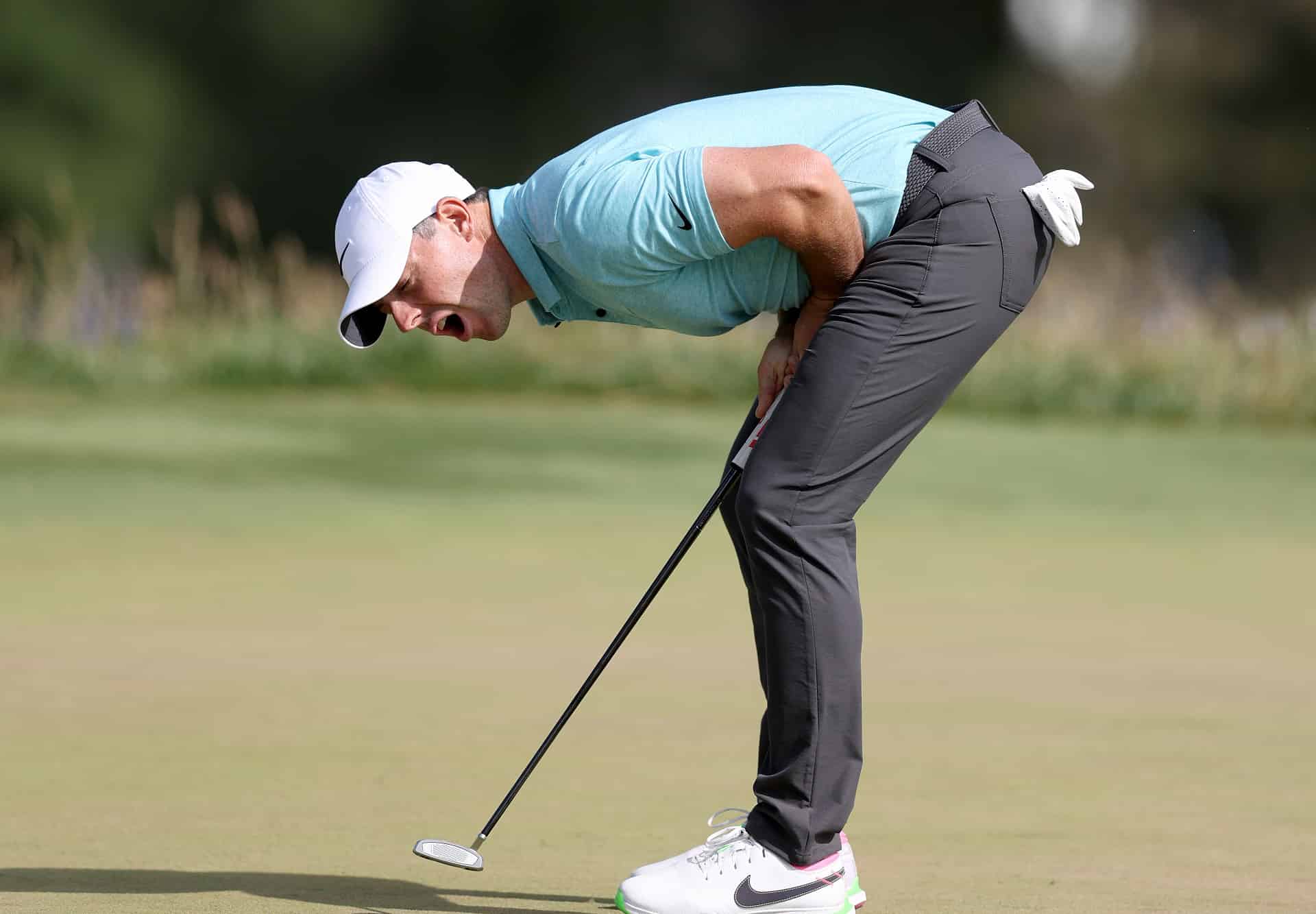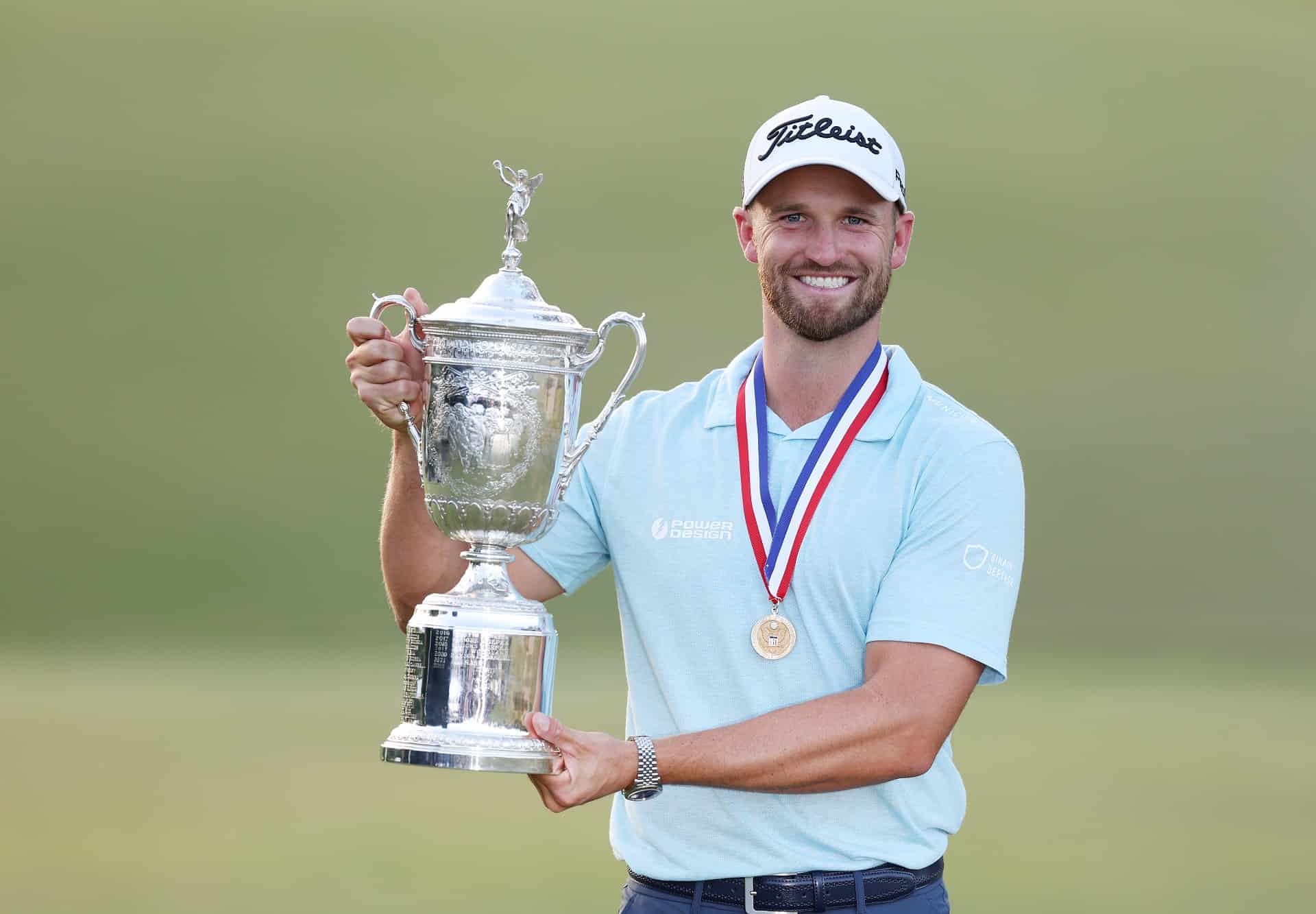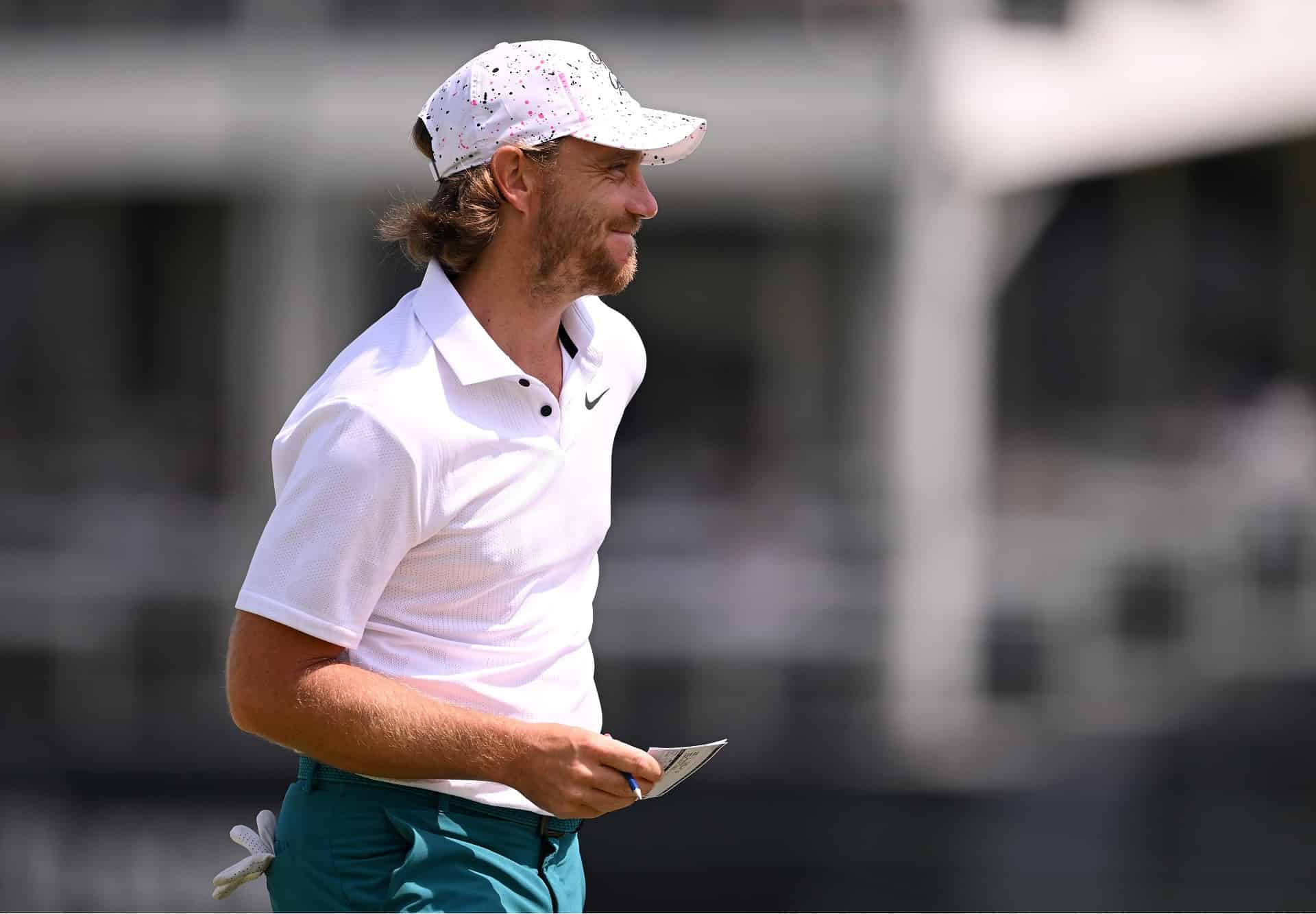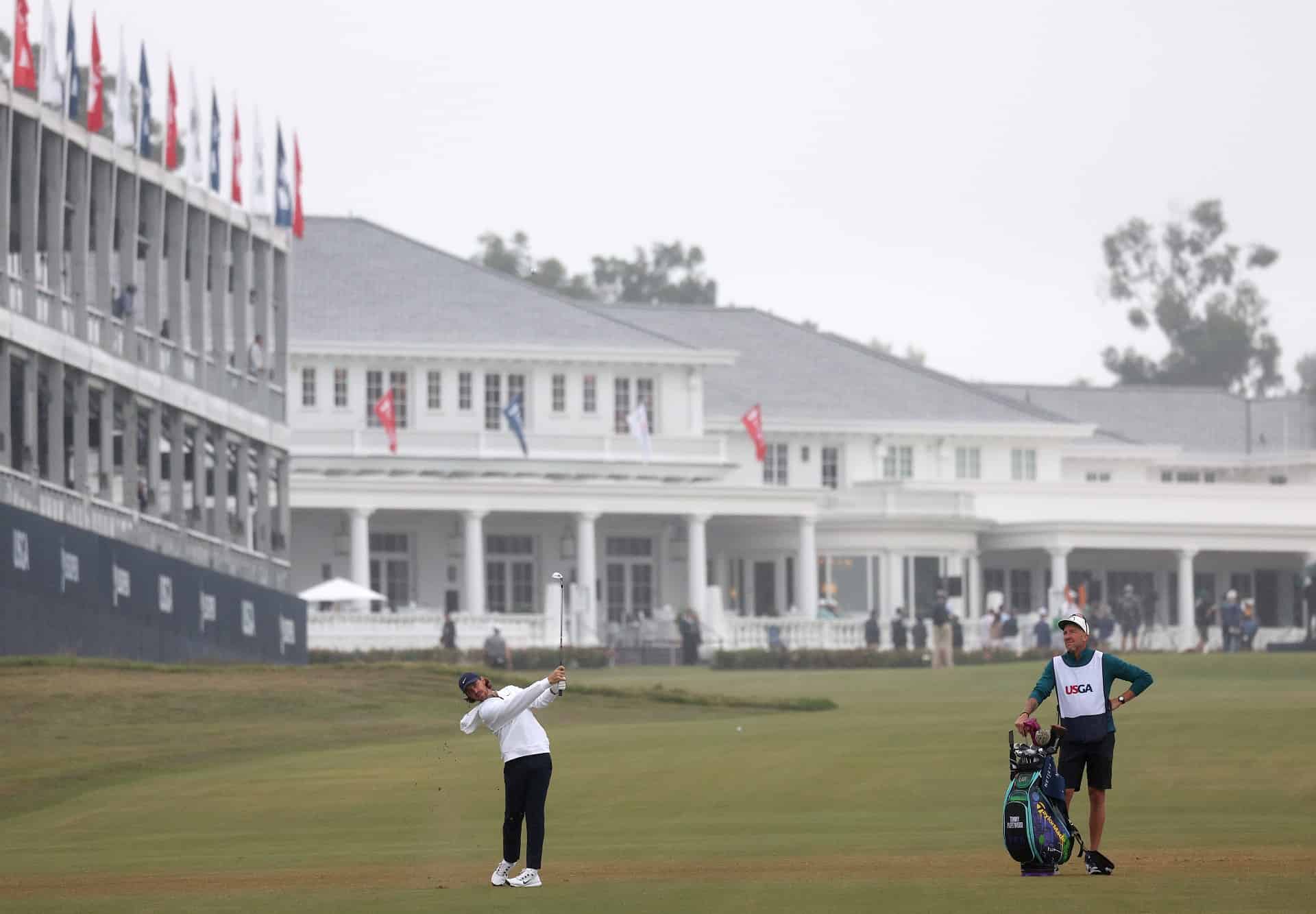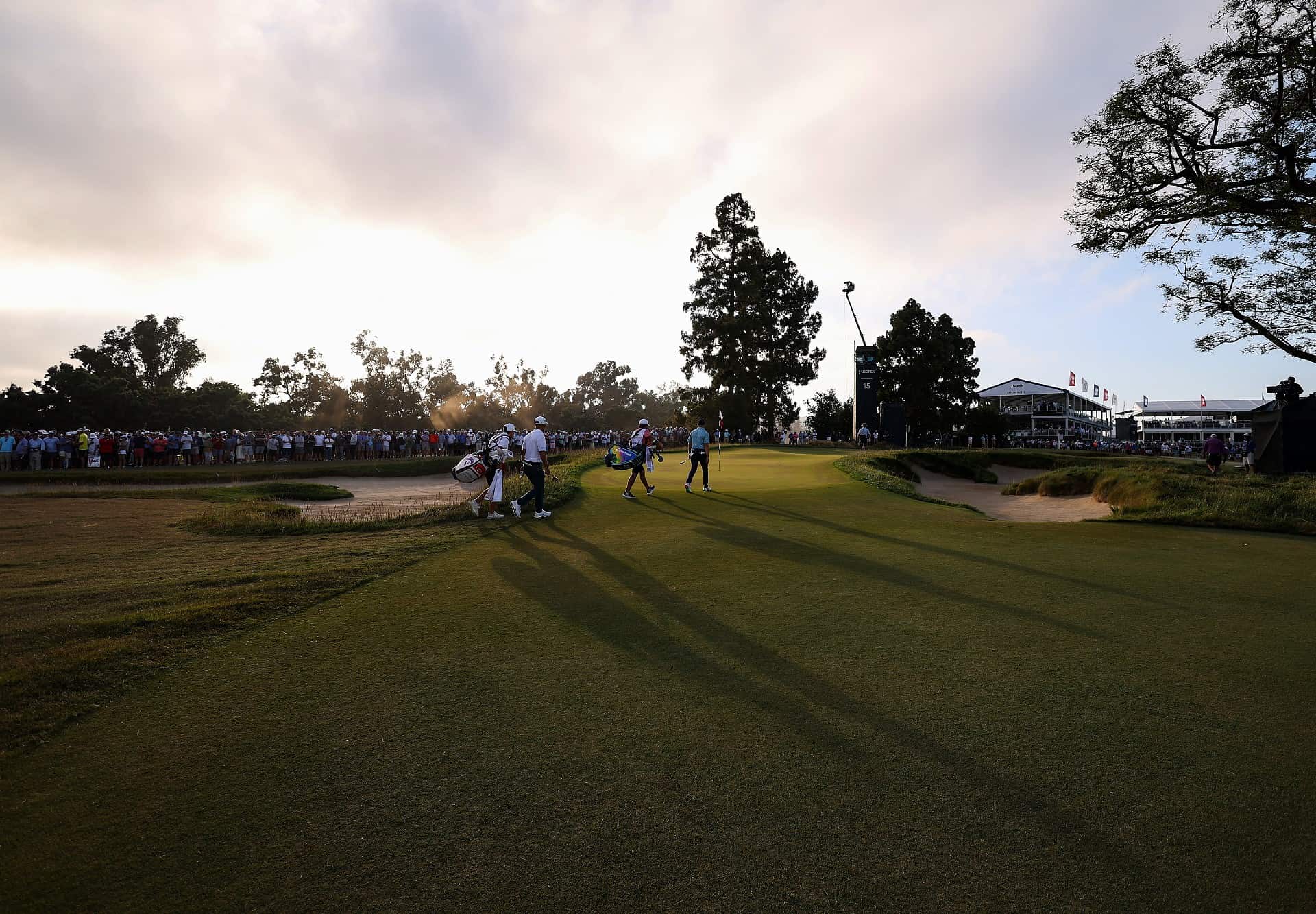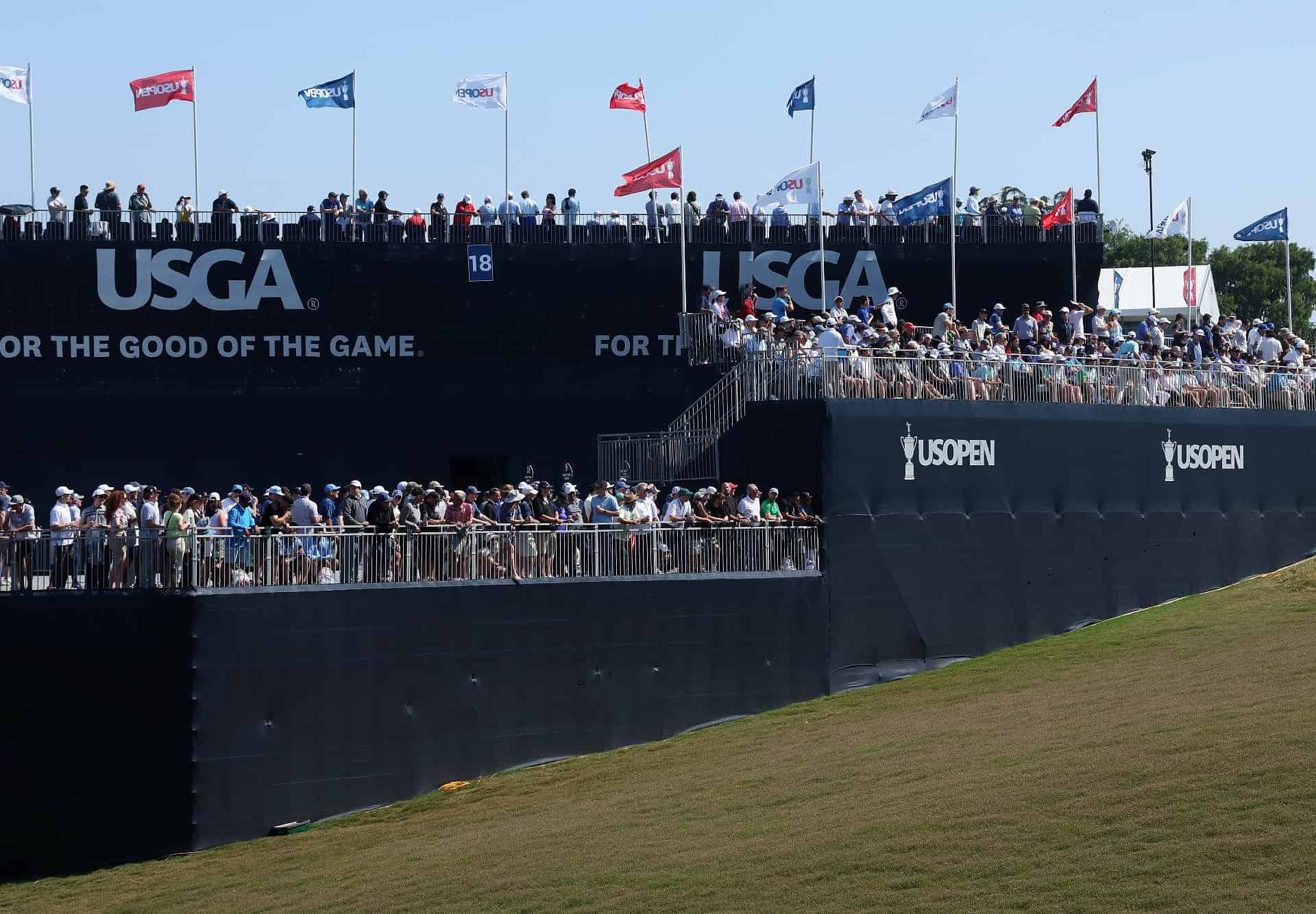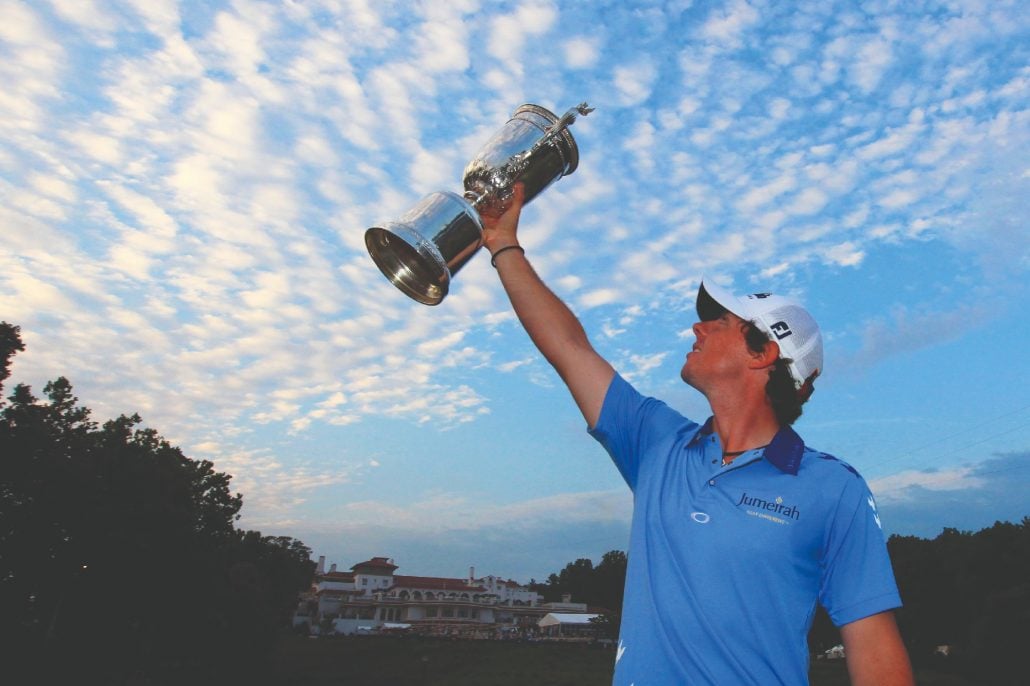
A superstar is born: How McIlroy announced himself on the major stage
Ten years ago Rory McIlroy brushed off his Masters meltdown and took it out on the US Open field. Alex Perry recalls that week at Congressional
It is one of the most preposterous victories in major championship history.
Just two months after the world watched Rory McIlroy’s spectacular meltdown at the Masters, he was making history at the US Open with a victory so commanding it had Padraig Harrington declaring his fellow Irishman a bigger threat to Jack Nicklaus’s record than Tiger Woods.
You can’t say it wasn’t coming. McIlroy was the most exciting player on the planet at the time, and in the previous three majors he had finished tied-third at both the Open and PGA Championship, and was in cruise control for three-and-a-half rounds at Augusta.
If there was any hangover from that catastrophic day in Georgia, it wasn’t showing at Congressional.
McIlroy’s wire-to-wire victory was so convincing that it didn’t really feel like anyone was playing for anything other than second place from the outset. His lead was three through 18, six through 36, and eight through 54 and, crucially, 72.
He needed just 268 shots to tame the Maryland track for an unheard of 16-under-par – four better than the previous target set by Tiger Woods and since matched only by Brooks Koepka.
His rounds of 65, 66, 68 and 69 meant he was just the third player to win the US Open with four sub-70 scores after Lee Trevino in 1968 and Lee Janzen in 1993. Incidentally, they were their first major victories, too.
McIlroy carded 19 birdies and an eagle to offset just three bogeys and a double. He hit 62 of 72 greens for a jaw-dropping 86 per cent – another US Open record.
Jason Day finished a distant runner-up eight shots back. (Woods will always be king of this stat because, let’s face it, no one is ever breaking his record of 15.) The Australian’s 8-under-par would have been good enough to win all but a handful of US Opens in the competition’s 116-year history, but, in reality, it was as close as he got to our champion.
Lee Westwood, World No 2 at the time, YE Yang, the 2009 PGA champion, Robert Garrigus, and Kevin Chappell tied for third at 6-under, with Sergio Garcia and Peter Hanson a shot back. South African pair Louis Oosthuizen and Charl Schwartzel, the newly-crowned Masters champion who benefited most from McIlroy’s Augusta collapse, made up the top 10 at 4-under.
If McIlroy had stayed at home that week, they would have contested a cracking tournament.
In the end it was a procession. McIlroy practically bounced down 18, smiling and waving to the crowd knowing he was about to become the 203rd major champion in men’s golf.
When the final putt dropped, he slumped first into his dad’s arms, then into those of Graeme McDowell, his close friend and the newly dethroned defending champion.
The watching world was witnessing something special.
But how did he get over such a monumental psychological blow in such a short space of time?
Andrew ‘Chubby’ Chandler, McIlroy’s manager at the time, recalls a conversation with the Northern Irishman on his return from Augusta: “He looked at me and said, ‘Honestly, I don’t know what all the fuss is about, because at the end of the day it’s just a golf tournament and I’m 21.’ He lost the Green Jacket but he didn’t lose perspective.”
In his post-tournament press conference, McIlroy was happy to breeze past it. “I felt like Augusta was a great opportunity to get my first major and it obviously didn’t quite work out,” he said. “But to come back straightaway at the US Open and to win…”
He paused to think about how to describe the victory.
“It’s nice,” he concluded, with that beaming McIlroy smile with which we’ve become so accustomed.
“To be able to finish it off the way I did tells me that I learned from it and I’ve moved on.
“It will probably take a little bit of time to set in, but sitting here with the US Open trophy feels great.”
McIlroy had just turned 21, was up to No 4 in the world rankings, and had just won his first major. But his goal was clear. He wanted more. After all, only a third of major champions in the men’s game have gone on to win another.
“Hopefully in the not-so-distant future I’ll be able to call myself a multiple major champion.”
As it was, he only had to wait 421 days before adding the PGA Championship to his tally, while an Open and another PGA followed in 2014.
In the decade since Congressional, only Woods, Greg Norman and Dustin Johnson have spent more weeks at World No 1. He’s won the money list on both sides of the Atlantic, has multiple Ryder Cup victories, and earned more than $50 million in prize money alone.
It all started right here at the US Open. The power of psychology.
- WANT MORE? Visit our dedicated US Open website
Subscribe to NCG
Alex Perry

Alex has been the editor of National Club Golfer since 2017. A Devonian who enjoys wittering on about his south west roots, Alex moved north to join NCG after more than a decade in London, the last five of which were with ESPN. Away from golf, Alex follows Torquay United and spends too much time playing his PlayStation or his guitar and not enough time practising his short game.


